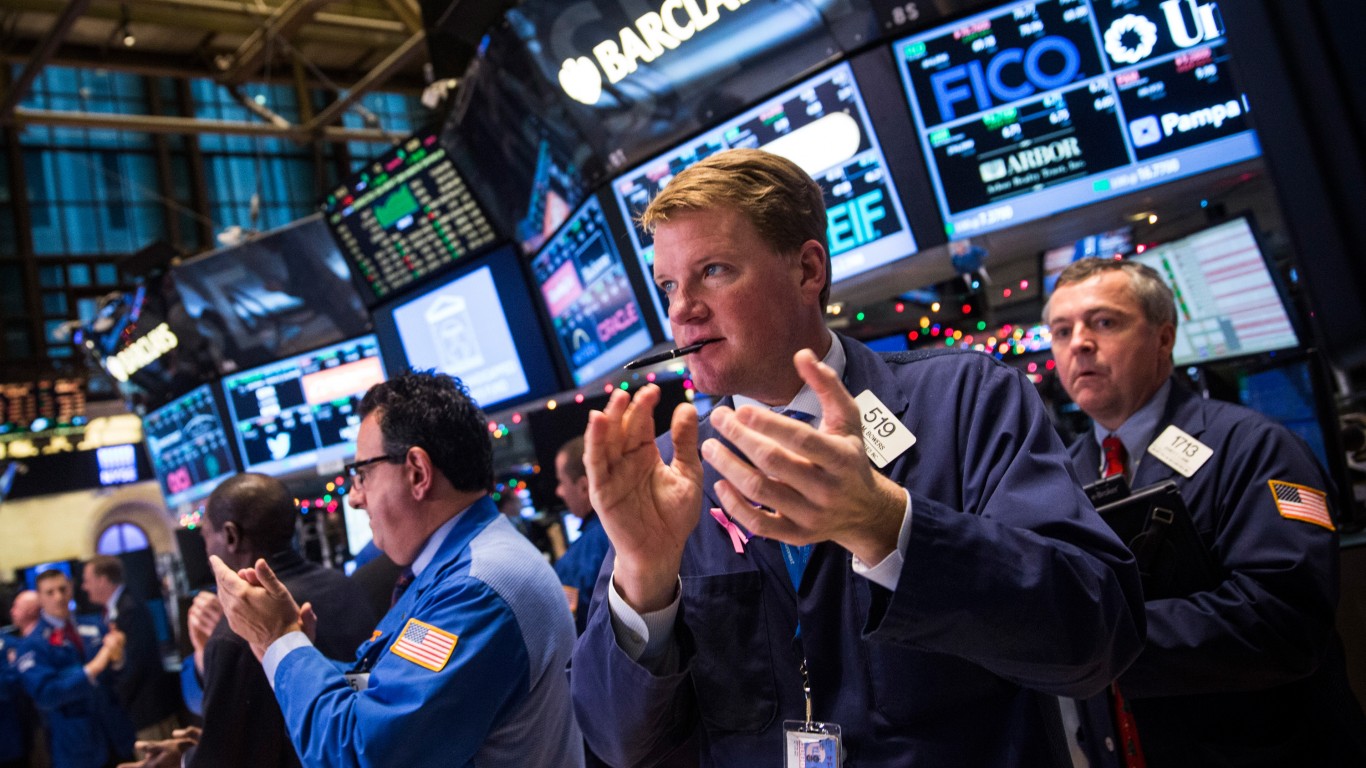Investing
This Is Bill Gates Favorite Stock Right Now, Should You Buy or Sell?

Published:

Billionaire Bill Gates naturally has most of his money tied up in Microsoft (NASDAQ:MSFT), the company he and childhood friend Paul Allen founded in 1974.
Gates owns about 1.4% of MSFT stock, or 103 million shares. With Forbes estimating his personal net worth to be $106 billion, the technology giant represents a substantial share of the total. Yet Gates has sold down his stake over the years as he has sold shares to finance his philanthropic efforts.
It’s important to note that Gates’ wealth is also invested in other ventures, especially the Bill & Melinda Gates Foundation Trust, which holds a 33% stake in Microsoft. The foundation is one of the world’s biggest philanthropic organizations with $77.1 billion in assets at the end of 2023.
Microsoft is also the foundation’s largest holding, but it was selling shares in the second quarter. There was only one stock the Gates Foundation bought in Q2 and that was Berkshire Hathaway (NYSE:BRK-A)(NYSE:BRK-B). It increased its stake in the Warren Buffett company by 42%. But it owns the Class B shares, not Berkshire’s Class A stock.
Blindly following the investment decisions of billionaires is never a good idea. That goes for any investment advice one reads on the internet. But seeing where the wealthy like Bill Gates are placing their bets is still a worthwhile effort. If nothing else, it helps narrow down the universe of thousands of publicly-traded stocks to a more manageable number. But highly successful investors like Gates might have access to information not readily or easily available to the average investor.

Long called “Baby Berks,” Buffett created the Berkshire Hathaway Class B shares in 1996 as a way to prevent unit investment trusts (UIT) from divvying up the Class A shares on their own. The UITs had planned to buy Berkshire stock and sell units to small investors who couldn’t afford the Class A share price, which was trading at around $33,000 a share at the time.
Berkshire stock has never been split, and the Baby Berks have fewer voting rights than the Class A shares, or 1/200th of a vote per share.
They were also worth about 1/30th of the price, but a 50-to-1 stock split of the Class B shares in 2010 increased the difference between them to 1/1500th.
The two classes don’t walk lockstep with each other, but they are very closely aligned. So where the A shares are up almost 26% year-to-date, the B shares are nearly 28% higher.

Investors buy into Berkshire Hathaway because of Buffett’s investing acumen. Since taking over as chairman of Berkshire Hathaway in 1964, he has generated overall returns of 4,384,748% by the end of 2023. That’s a 19.8% compounded annual growth rate. In comparison, the S&P 500 has generated returns at about half that rate, or 10.2%, for a total return of 31,233%.
In recent years, Buffett began planning for his succession after he died. Berkshire vice chairman Greg Abel will follow Buffett as CEO and Buffett has designated greater responsibility for investment decisions to his top investing lieutenants, Todd Combs and Ted Weschler. It’s said Buffett still decides all investments greater than $1 billion, however.
While they are undoubtedly smart money managers, investors aren’t really putting their money into BRK stock for their investment choices. Upon Buffett’s passing, Berkshire may not be the same vehicle for growth that it once was.
While Buffett’s age has been a growing concern, the death of his partner Charlie Munger last November really put the spotlight on Buffett’s own eventual demise. Buffett is 94 years old, and while Munger lived to nearly 100, Buffett could die sooner.
For me, that puts a clock ticking down on Berkshire Hathaway as an investment. Combs and Weschler could prove to be just as adept as Buffett in picking winning investments, but they will need to prove themselves on a standalone basis. Until the market is comfortable with their investing prowess, Berkshire stock — both the Class A and B shares — may flounder until that happens.
Retirement can be daunting, but it doesn’t need to be.
Imagine having an expert in your corner to help you with your financial goals. Someone to help you determine if you’re ahead, behind, or right on track. With SmartAsset, that’s not just a dream—it’s reality. This free tool connects you with pre-screened financial advisors who work in your best interests. It’s quick, it’s easy, so take the leap today and start planning smarter!
Don’t waste another minute; get started right here and help your retirement dreams become a retirement reality.
Thank you for reading! Have some feedback for us?
Contact the 24/7 Wall St. editorial team.